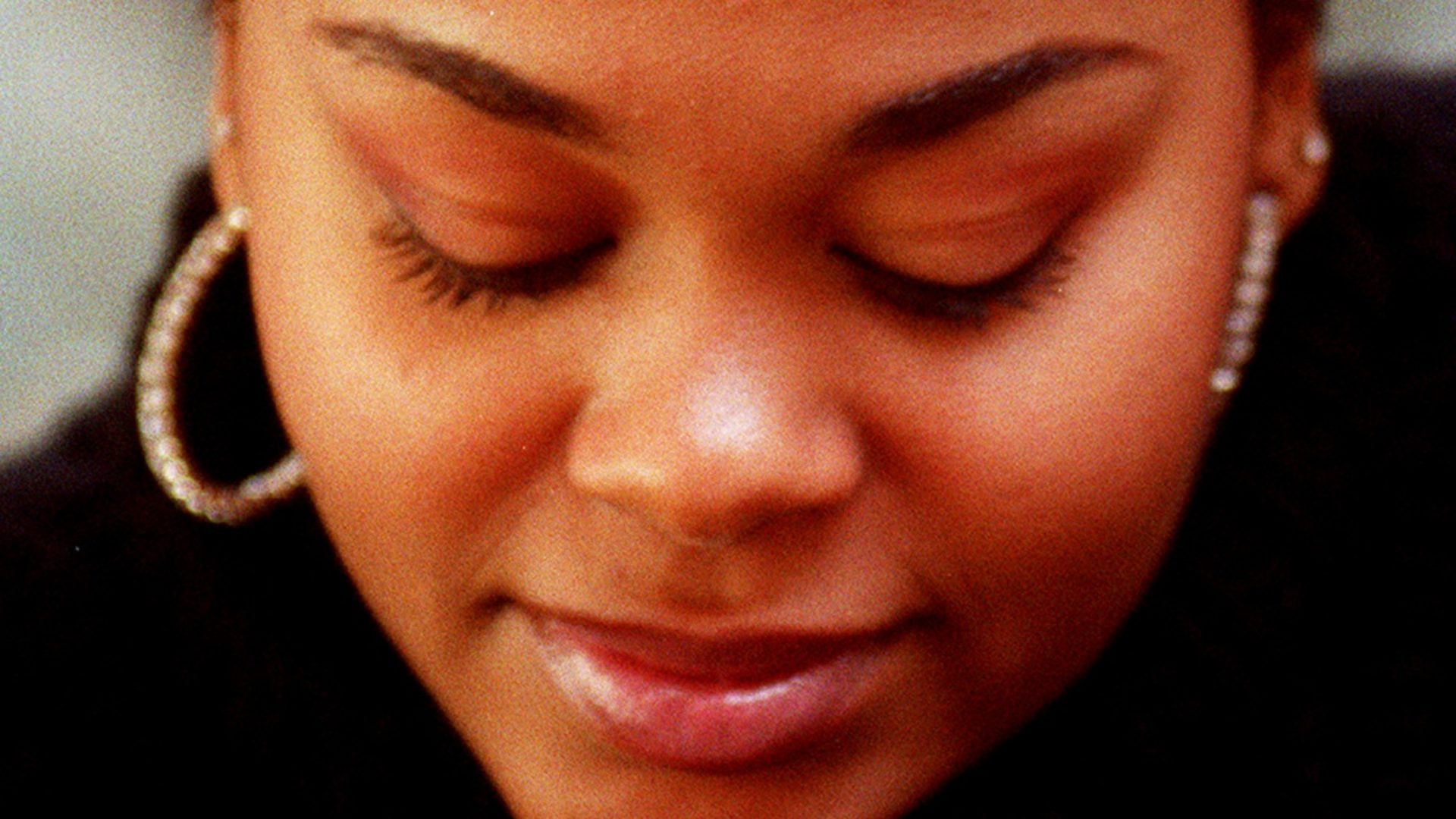
GU Jams is Girls United’s weekly column dedicated to sharing and discussing new music and music news.
July 18, 2020 is the 20th anniversary of Scott’s debut offering, Who Is Jill Scott?: Words and Sounds, Vol. 1. The question was strictly for new fans, who were turned out by Scott’s masterful, sensitive weavings of poetry, jazz, R&B and go-go. The singer/songwriter was not at all confused by her being, having done the work necessary to get to the center of her Black womanhood. She just thought we were worthy enough of being privy to her findings. Little did she know her revelations would inform a generation of young Black women as they navigated love.
“Self-love” has become a buzzword in recent years. Much like “self-care,” it’s often warped for capitalistic purposes and for the encouragement of personal investment in major brands. As time passes, it becomes more difficult to wipe away the muck of economic interest and stomach the stench of emotion stirred up out of greed. But upon listening to Jill Scott’s first body of work, it becomes apparent that her interest was always in maintaining the purity of the concept. Through her words, she taught me how to wrap my own soul in adoration.
On the Latin-inspired track “One Is the Magic #,” Scott enumerates on the power that comes from understanding your own glory. “I found the lasting love for me/If I am searching for my spirituality passionately/I must begin with me,” she sings at the end of the first verse.
Self-love is a highly personal journey, I’ve learned from the high priestess of progressive passion. Scott was among the special crew of Black women in music, along with Lauryn Hill and Erykah Badu—all 20-something-year-olds who were wise beyond their years—who were willing to publicly express their devotion for their own existence. In a world where Black women aren’t always cloaked in safety, or cared for, it is imperative we understand the fulfillment that comes from being your own cloak. Jill Scott has been a master teacher.
The singer also allowed her debut album to be a lesson on loving others, namely romantic partners. Scott fed, defended and even lamented her lovers, never thinking twice about being an open book. She walks us through the various stages of love, not shying away from being head over heels in love—an emotion that Gen Z sometimes tends to circumvent in pursuit of situationships and flings. But on Who Is Jill Scott…, her intentions were as uncontaminated as holy water. She wasn’t afraid to give her all.
In my own life, there have been times where I held back in romance. I held on to love with an iron grip, unknowingly crushing it with cold, calloused hands. My reluctance to give freely came from fear of the exchange not working out. As I listen to Scott’s words and sounds, I realize that it’s not true love if you’re withholding. Boundaries are key, that much is true, but there is a distinct difference between having healthy boundaries and being afraid take off the armor and embrace being refreshed by sweet love.
To love and be loved—those are the most significant lessons that have stayed with me decades after one of Jill Scott’s most vital projects. I was a small child when her debut was released and was completely unaware of the role her sweetly sang sermons would play in my life. But as I’ve matured, I’ve come to realize that it was always her goal to teach Black women how to give and receive the greatest gift of all. Love.
Photo credit: Getty Images